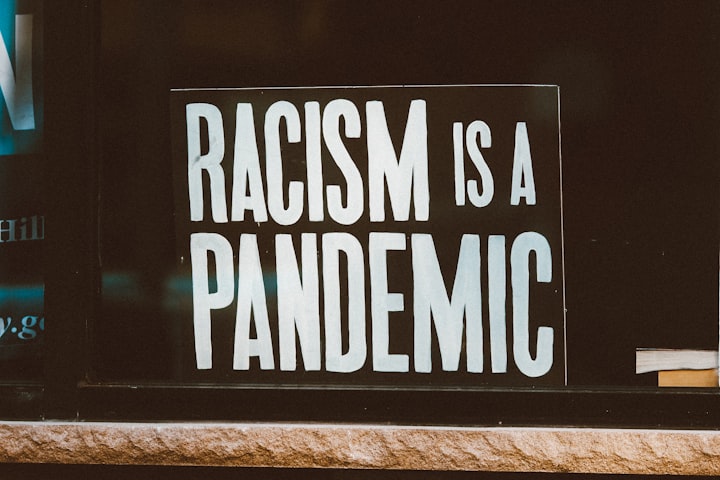In the early 2000s, I worked with men supporting Reverend James Bevel, the Civil Rights activist. One day, we were in the office, and Reverend Bevel dropped by. His visits were infrequent; his age and health and the traffic in Chicago were pests to him. Nevertheless, I remember a casual conversation materializing. The topic was about the last day of Dr. King's life.
I recall a curious coworker asking Reverend Bevel to recount Dr. King's mood before his assassination. And so, Reverend Bevel shared with us that Dr. King was in great spirits. He was horseplaying and pillow fighting with some of the other members of his entourage minutes before he stepped outside to meet his fate.
Instantly, I was enthralled by the story. Hearing about Dr. King's humanity and playfulness brought joy to my heart. Here was a man, who seemed like a superhuman, or like a Christ, promising salvation to millions of minorities in this country. However, he was no different from a child in his most intimate moments when surrounded by friends.
While Reverend Bevel concluded his chronicle, I remember thinking about Dr. King's last speech. He delivered an emotional address to a packed assembly, saying, "And I am happy tonight. I am not worried about anything. I am not fearing any man." Honestly, it is a great speech, and I have always enjoyed it. It is one that I have read and listened to countless times before.
Nevertheless, I discovered something I had overlooked in retelling this account. Dr. King says early in his speech, "The nation is sick." And he casually mentions this fact. In other words, his voice does not crescendo into that holy rumble he usually displayed. Or, his mannerisms do not mimic those of an orchestrator wildly directing a symphony. No! he says calmly, "The nation is sick."
Given his legacy and work, I can only presume that the sickness Dr. King implied was the disease of exclusion, separation, racism, and bigotry. Notably the pervading illness that has plagued America since its founding. And, even though he recognized that infirmity before his death, our country still suffers from this malady.
Presently, this disease manifests in pus-filled boils of hatred that surface and exhibit themselves in a horrific display of violence. For example, it has only been four months since a delusional young man traveled several hours to execute humans on the premise that they did not look like him; and likewise, on the idea that they were trying to supplant his race and eradicate it from the face of this planet.
Indeed, he is not the first to be struck by the fever of this disease. Furthermore, he will not be the last. Supremacist ideology has dug its roots deeper into our society. The sickness shows greater strength and resistance to whatever social antibiotic we apply.
For instance, as a nation, we have responded with racial education, integration, racial tolerance, nonviolent demonstrations, and political petitions; yet, we are no better today in this regard than when Dr. King told us that the nation was sick. Behold, we are the children of "former slaves" waiting patiently for the children of "former slave owners" to quit their crusade of injustice. Hitherto, we wait patiently on them to be ready to rid themselves of the disease that rots out the core of their humanity.
Let us be frank: minorities are not here to exterminate White Americans or remove their rights and render their civil liberties null. On the contrary, we are here to enjoy what the Declaration of Independence says any human is entitled to: Life, Liberty, and the pursuit of Happiness. However, unfortunately, we still face and confront a group of Americans who believe that everyone does not warrant fundamental rights and basic civil liberties. To this group, the American Constitution only protects the connatural entitlements and privileges of White Protestants with ties to the Confederate South.
To be sure, this dangerous ideology puts us in a precarious situation: what will we do with Dr. King's diagnosis? "The nation is sick," and we have no social doctor in the house to prescribe the necessary balm to cure us of this sickness.
Supremacists are still waging war against minorities. And in their heart, they believe they are doing the correct thing. Chiefly, a person hellbent on acting out their thoughts is not easily convinced with words to do otherwise. So, where does that put America? Are we to endure another Civil War? It has been 53 years since Dr. King said the nation was sick, and we still have no remedy for that sickness.
About the Creator
Edy Zoo
Edy Zoo is an author who writes about social subjects. He contributes to the ever-growing library of social critics.







Comments
There are no comments for this story
Be the first to respond and start the conversation.